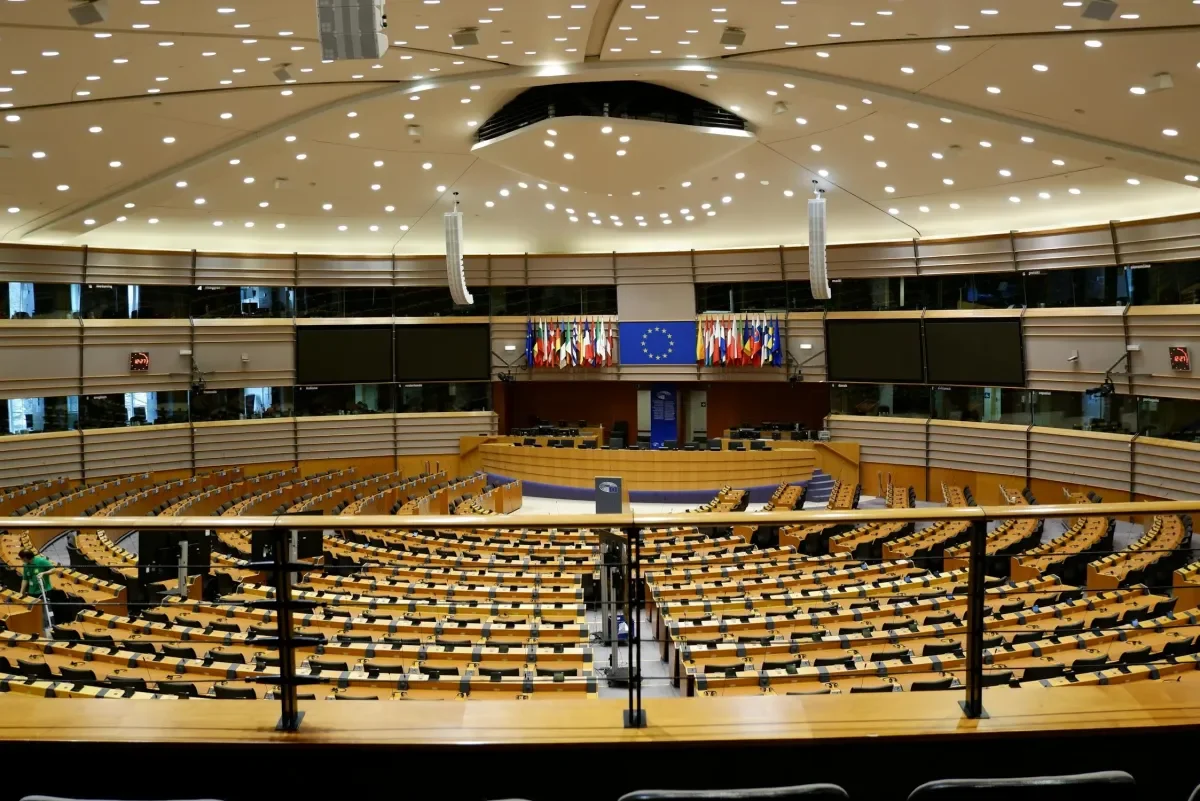

European Parliament Adopts Water Resilience Strategy to Secure Europe’s Water Future
In a landmark step towards securing Europe’s water future, the European Parliament has officially adopted the Water Resilience Strategy (WRS) with 470 votes in favour during its May plenary session. This marks the first time that water has been fully recognised as a strategic priority in the European Commission’s policy portfolio.
The WRS sets out an ambitious framework to address growing challenges related to water scarcity, pollution, and inefficiency, while fostering innovation, digital transformation, and a circular economy across Europe. The strategy responds to an urgent reality: 38% of the EU population is already affected by water scarcity, and critical industries valued at €192 billion are at risk. With water demand projected to triple by 2030, coordinated and cross-sectoral action is vital.
“A truly resilient and competitive Europe demands a water-smart economy—one that values water not just as a resource but as a driver of innovation, equity, and sustainability,” said Professor Fiona Regan, Director of the DCU Water Institute. “By establishing dedicated Water-Transition Funds and advancing a Water-Smart Circular Economy Act, we can unlock strategic investment in infrastructure, enable wastewater reuse, and foster new business models that turn water efficiency into economic opportunity.”
The ten key pillars of the strategy highlight:
- Unlock Water-Smart Economy
- Strengthen EU Industrial Competitiveness
- Build a Water-Smart Circular Economy Act
- Develop a Water-Smart Vision for European Agriculture
- Leverage Digital Water Opportunities
- Secure Biodiversity and Zero Pollution objectives
- Support disruptive Research & Innovation activities
- Anticipate Water-related Climate Risks
- Strengthen inclusive governance
- Achieve the SDGs Agenda
Implementing the WRS will require at least €255 billion in investment, but it could generate €3 billion in annual savings and create 13,000 new jobs by unlocking the potential of water-smart technologies.
With this milestone, the EU has taken a step toward a more resilient, equitable, and sustainable future—where water is no longer taken for granted, but recognised as a foundation of economic strength, environmental protection, and social well-being.
Read the full strategy from Water Europe here
